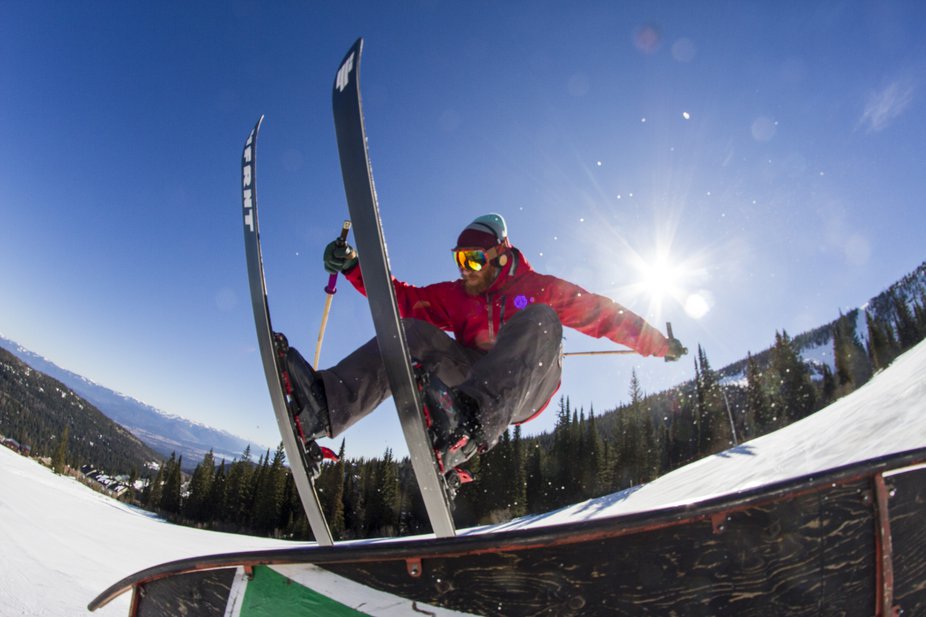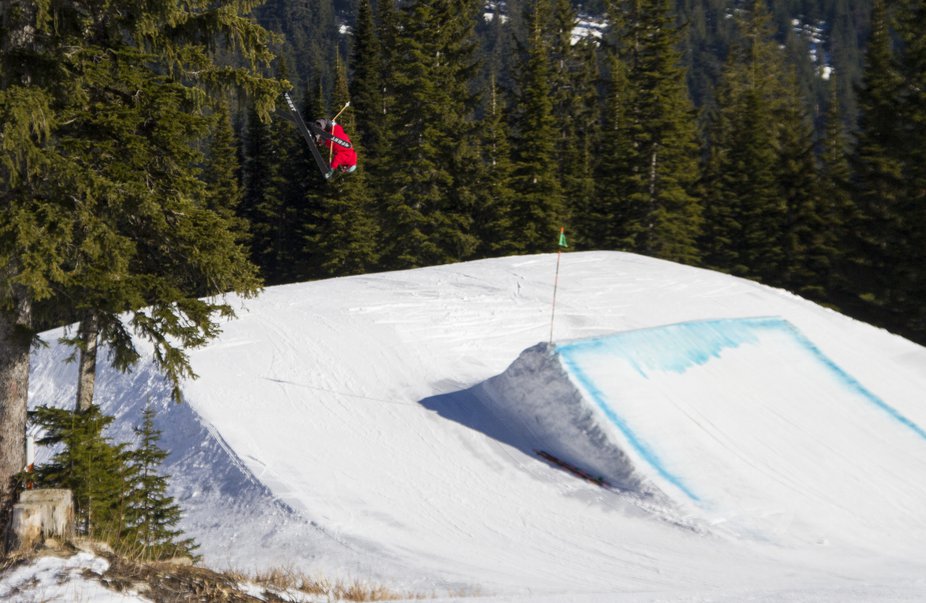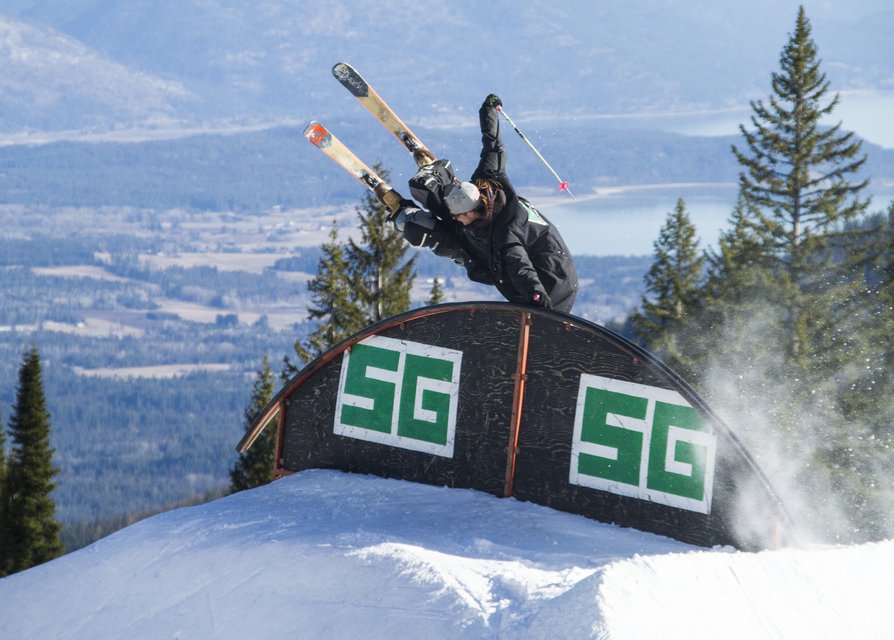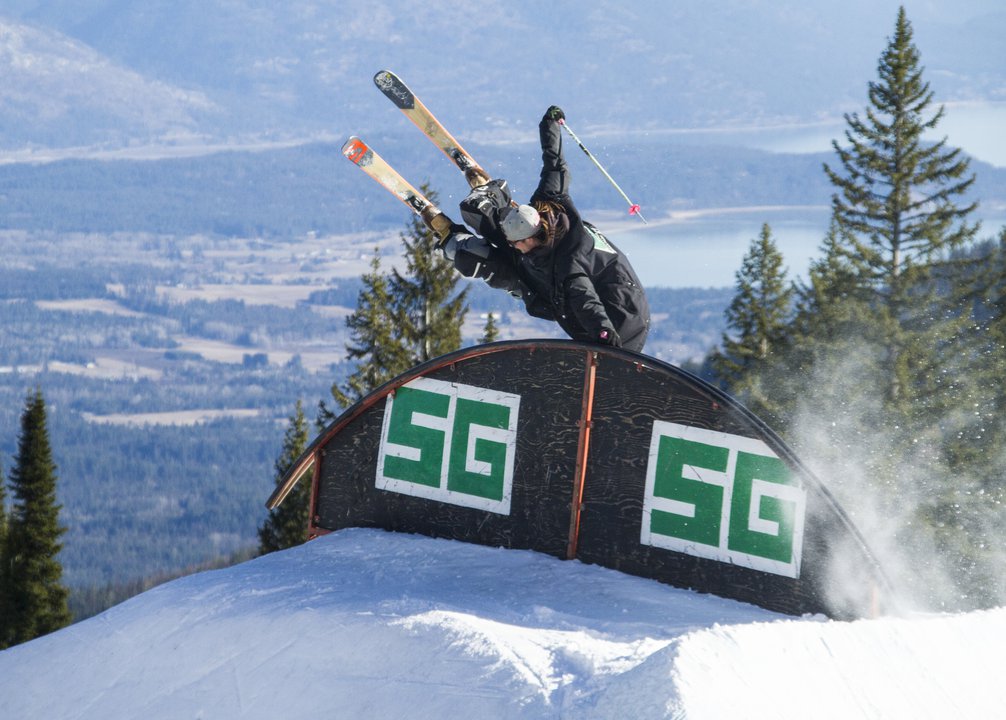This is the second of three articles on ski journalism I've got coming down the chute. Next week I'll have a piece on the bigger picture of ski journalism/marketing/storytelling to wrap it all up. Let me know what you think in the comments. Tell me why I'm wrong, why I'm stupid or what I should write about next time, this community feedback is what makes newschoolers awesome.
Read Part 1, Tell Your Stories, here: http://www.newschoolers.com/membernewsread/Tell-stories

Last week I got all touchy-feely and told you to write more stuff, I'm back with some hopefully handy helpful hints to harness your literary ambitions.
Content:
When looking at other content, both on this site and elsewhere in ski media it is easy to confuse marketing with journalism. A lot of the content (my own included) being pushed out there is basically marketing. Most official write-ups of reviews, big road trips and events are being compensated in some way. This means that they carry a bias and are not necessarily pure storytelling. There is nothing wrong with this but if you are in a position where you are simply writing for the love of it, realize that you have no obligations to limit yourself in the way marketing does.
Tell the real stories, the ones that hurt, the ones that make a difference. If you are getting payed by a resort or brand it's hard to write anything negative about them. Take this opportunity to offer an aggressive honest perspective on what you see in skiing. These are the stories that need to be heard but aren't being told. Don't settle for writing marketing copy, especially if you aren't getting compensated for it.

This is a picture to break up all my boring text
Technique:
All that said, once you have puked your great story out into the the computer here are a few practical tips to make it worth reading.
-Open with what you find to be the most interesting, important or humorous part of your story. Grab the audience's attention right away and then suck them in. (Fun fact, this is called a Lead, or Lede if you are old school)
-Don't get too fancy. Don't get caught up in your vocabulary and grasp of big words. Most skiers don't want to have to sound out your sentences or google every third word.
-Think about what you found to be important in your story and focus on that. If you are covering an event it's tempting to focus on who won. If that is what stood out most to you that's great, usually though there is a more important story behind the scenes that is more interesting to the average skier.
-Think about your audience while you are writing, a huge key to writing well is caring about your audience, you should be giving them something through your writing.
-Keep it visually interesting. It's not often that I'll click on an article with no thumbnail and read through a block of text with not pictures. You are writing for skiers, not graduate level english majors. It doesn't matter if your pictures aren't the best, if they are at all relevant to the story include them!
- Read a lot of content you like and try to learn from it. The best way to get better at writing is to read a lot and then write a lot. Look at articles you enjoy and learn from them.
-Get a second opinion. If you are not sure about something you wrote or are new to the whole writing thing get someone to give it a look. This could be your mom, your buddy, your english teacher or anyone else. A second set of eyes is incredibly valuable. Fell free to message me if you ever want my (rather sketchy) opinion. We love to read your work and try to help you improve.
-Don't take it too seriously. Some of the best pieces are the goofy ones that offer a glimpse into an event, or skiing culture in general. Skiing is fun, storytelling is fun. Stories about skiing should be fun too.
Hopefully I didn't break too many of my own rules and bore you all to death with that. Let me know why I am wrong, why I am right or why I am a stupid idiot. Just don't settle for reading others' stories, tell your own!



Comments